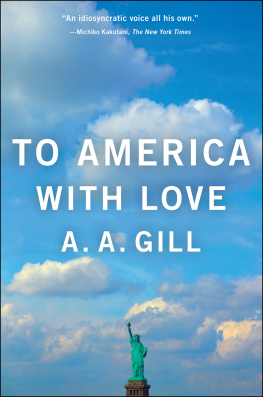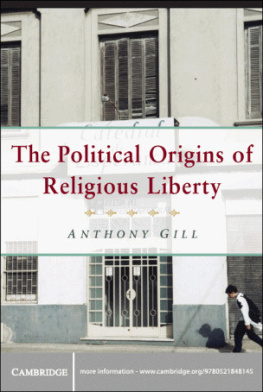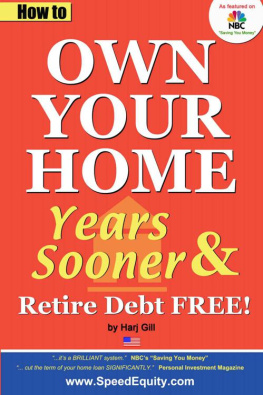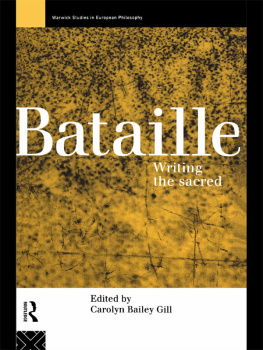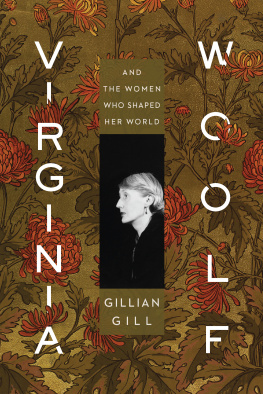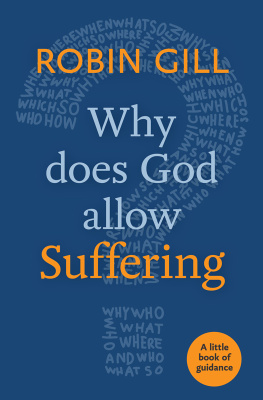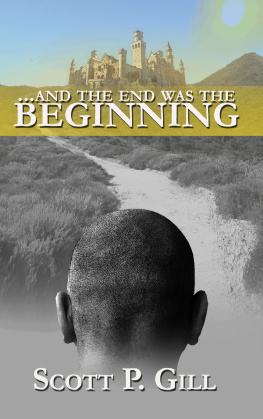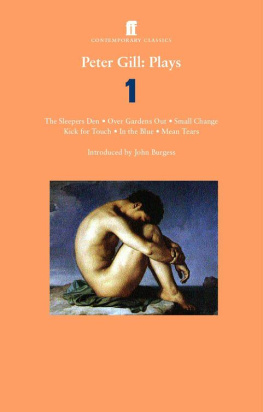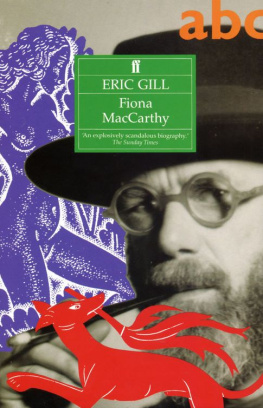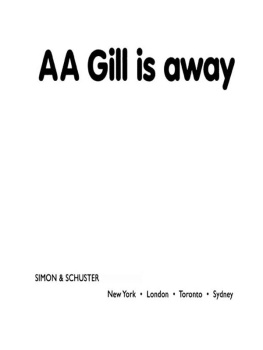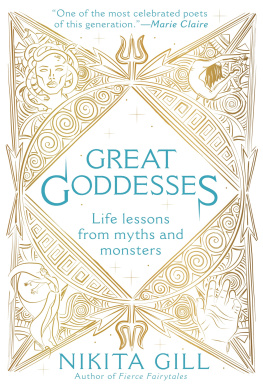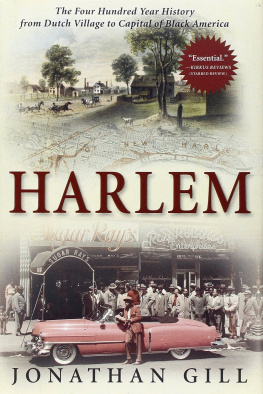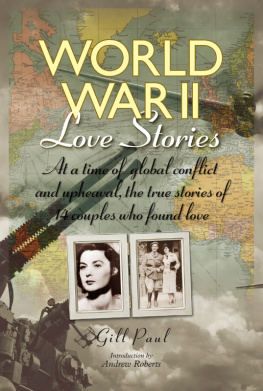Thank you for downloading this Simon & Schuster eBook.
Join our mailing list and get updates on new releases, deals, bonus content and other great books from Simon & Schuster.
C LICK H ERE T O S IGN U P
or visit us online to sign up at
eBookNews.SimonandSchuster.com
Contents
To Wendy Ewald, the American cousin
Acknowledgments
First and last I must thank Amy Turner, who wrote every word of this book and researched a great deal of it; also my editors Alan Samson and Celia Hayley, who plied their necessary craft, sometimes like Chinese embroiderers, sometimes like abattoir janitors; my minder agents Charlie Campbell and Ed Victor; and those who offered lodging, advice and occasionally derision along the way: Dave Macmillan and Bella Pollen, Christoph and Katrin Henkel in Colorado; Luke Janklow, Christiane Amanpour, Jamie Rubin, Graydon Carter and Dana Brown in New York.
Give me your tired, your poor,
Your huddled masses yearning to breathe free,
The wretched refuse of your teeming shore.
Send these, the homeless, tempest-tost to me,
I lift my lamp beside the golden door!
Emma Lazarus, 18491887
Cuttings
My father told me about the family buffalo over breakfast. He was writing the autobiography, rifling through the attic of his life. The words were mostly accounting, settling up and settling down, exhuming and laying to rest. Hed stop like a man climbing a spiral staircase, and turn to whoever was behind him and hold a memory up. Most often it would be from the warthat was always going to be the biggest thing in any life that lived through it. The buffalo made its bucolic and brief appearance as an aside, a hoofnote, and ambled over the toast and marmalade, a ghostly ruminant. Apparently someone had killed the thingan uncle, removed and some way backon the great grasslands of the Wild West, had the head flayed and refilled, and donated it to a museum in West Yorkshirethe town where hed grown up. The uncle, not the buffalo. Dad said I should go and see it: You like that sort of thing, and that was it. The headless buffalo departed without leaving a track in the butter.
We dont go in for ancestors in our family, were not hereditary folk. Its not that we dont have them, its just that we dont think theyre whats interesting about us. You are what you achieve, what you do, not what some blokes you never met did in the back of behind. The whole ancestor business comes with the sort of baggage we would feel embarrassed carrying through life. All of us have exactly the same number of antecedents. We all of us go back to the Mayflower, the conquests, the pharaohs, the Flood. Birth and death ought to be utterly egalitarian, unexceptional. The one thing every human on earth shares is predecessors. Sifting an unearned social advantage out of the ossuary is ridiculous and demeaning. The autobiography writing in itself was odd, cut against the grain. My dad didnt even go in for monograms. We were the tomorrow people, all our best bits were to come. Life stories were only reflections in achievement, certainly not retrospective diaries of self-justification. So he was the first of our scattered, anonymously unresurrected tribe ever to write a memoir. I excused it by thinking of it as the hobby of old age, although we didnt go in for hobbies much, either. And then he died, and left a volume of an early life that finished before I arrived. It was published just as he departed.
He left me two other books. Although he was a lifelong atheist of unshakable conviction and faith, there was a toe-breaking family Bible. On its flyleaves, exuberant with a reverential, barely legible copperplate, were lists of births, deaths and marriages stretching hand to hand back to the 1700s. And then a scrapbook, a blue hard-backed thing sold specifically for the purpose, with a royal coat of arms on its opening page, and the instructions A ready reference receptacle for scraps of print from our chief sources of knowledge: the newspapers. With patent, alphabetical index and spaces for marginal notes, made by Marcus Ward and Co, who had offices in London, Belfast and New York. At the end of the nineteenth century someone had collated and pasted random errata in the thick, wrinkled volume that splayed its rigor-mortisly brittle pages, which contained a sepia collection of obituaries, aldermans reports, murders long past their salacious pleasure, whimsical asides and the comic observations that might have been used by after-dinner speakers. There was news from abroad that mocked foreigners, invitations to weddings and municipal balls, there were birthday cards and cards of remembrance, cartoons of a leaden, comic seriousness, and photographs of awkward, middle-class Victorians trying to live up to their starch and lace. And although by its nature the book is serendipitous and aimless, over time it evolves a plot.
It revolved around two poles, two sets of lives: the probity of Batley and Dewsbury in West Yorkshire, where my grandmothers people lived, and distant, staccato reports from America, mostly in the form of press cuttings and cards that hoped they found you as they left us. There are photographs of cowboys, relaxed in their big-brimmed hats and waistcoats, and there are pages of pressed flowers sent from Colorado. They are poignant and fragile, now the color of old skin, the twigs and folded petals and the crumbling leaves are caught in the split gutter. This book is a memento of a family drifting apart, a list of names. The good wishes, the weddings and funerals, the dead bouquets, hope and fondness, the concerns and rituals of a family are like ink dropped into water.
How quickly roots are separated. How fast new ones grow. The cuttings book is the paper chase of following disappearing runners, the view of a receding future collated by the people who stayed behind. For over 400 years, moved by brave and fearful reasons, Europeans were drawn to America, pushed out or pulled away by the eternal imperative spurs of hope and despair. The hardship and the terrors of the New World were monolithic and relentless, but then so were its promises. And whatever lay out there, at least they knew it wasnt home. It wasnt the immovable, ancient, carping certainties of Europe. When asked if he thought that the French Revolution had been a good thing, Zhou Enlai famously answered that it was too early to tell, which is trite about the Terror, but it would be true about America. Its too early to tell. If you take a timeline from the first settlements in the 1600s to the present, and compare it with the foundation of modern Europe from the end of the Roman Empire, at the same point in our history the Vikings are attacking Orkney, and Alfred is the first king of bits of what will one day be England.
I have often thought that Europes view of America has been formed and deformed by the truth that we are the ones who stayed behind, for all those good, bad and lazy reasons: because of caution, for comfort, for conformity and obligation, but mostly I suspect because of habit and fear. We didnt take the risky road. This book is the next volume to the ancestor cuttings. It is the view of the New World from the Old. It is a look back at the people who went forward and the country they made out of millions of cuttings taken from the roots of millions of families. They formed an America that grew to become the best and finest creation of Europe, the culmination of all its deepest aspirations, the fruit of rue, of wisdom and experience, but a creation that Europe can take no credit for.
My fathers family were farmers and mill owners, working water-and-steam-driven woolen mills in the early Industrial Revolution. They made shoddy, taking old yarn, unpicking and reweaving it, and they made a jangle of change in their day. Particularly out of the Crimean Warall those cheap balaclavas. A pair of brothers and their cousin left the farm and the business for America. There wasnt enough work or worth left in the old place after some uncle drank most of it before he was thirty and then crawled, yellow and shaking, to the chapel where he signed a pledge and lived for the rest of his life in a gritted, grim and guilty sobriety. The cousins took what they could and went to test what was left of their luck out in the Rockies at a place called Arickaree, where they bred horses and kept livery stables. They werent the first to come, they followed a man whod gone out for the 45 to pan for Californian gold, who then stayed to run a general store, and someone else whod made some sort of fortune. There are family anecdotes that sound like the script for a silent cowboy movieBuffalo Bill is said to have lived next door. The Yorkshire boysthe Batley Cowboyswere plagued by rustlers, shysters and grifters, and unreliable help, all probably as keenly desperate as they were. And then one of them got gutshot over a poker game, and the next day his siblings found him left for dead on a rubbish heap, but he didnt diehe was from Yorkshireand they moved to Detroit instead.
Next page
